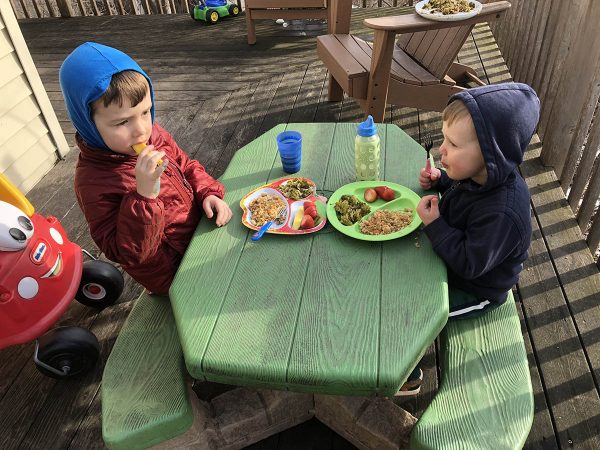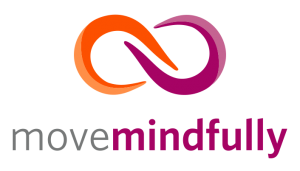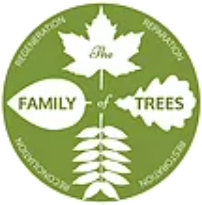There are many ways to be a conscious consumer and to leave a smaller footprint on our planet. One thing we all buy a lot of is food. We all have to eat! With seemingly endless trips to the grocery store week after week, we vote with our dollars as we choose which foods to fuel our bodies. These choices affect not just what is produced and what we see on the store shelves, they also directly impact the environment.

I started my green journey by focusing on buying organic whenever available after learning about this option while earning my Environmental Studies degree about 15 years ago. By buying organic, you avoid carcinogens while also getting more Omega-3 fatty acids in organic meat and milk, and more antioxidants in some organic produce. Eating chemical free foods is appealing to me, but my main motivation for supporting these products is the negative environmental impact of conventional farming. Even though it costs more to buy organic, to me those prices better reflect the true cost of producing quality food for our bodies and for the earth. Conventional farming contributes to global warming through nitrogen use. Its’ chemicals pollute our soil and water and then travel up the food chain creating all sort of issues from mutations to endangering entire species. Livestock in organic farming are also treated more humanely than in conventional practices.
A few years after I started to buy organic, my work with Do It Green! Minnesota and Jane Goodall’s book “Harvest for Hope” both inspired me to reduce my meat consumption. Very quickly I realized it would have to all or nothing. I’d been out friends at a steak house looking over the menu when my vegetarian sister mentioned this might not be the best place to reduce meat consumption. So I ordered the steak I wanted. And then the next day, without any fanfare, I decided that would be the last meat I ate and so it has been.
In May 2018 Damian Carrington published an article in The Guardian (found at theguardian.com) titled “Avoiding meat and dairy is ‘single biggest way’ to reduce your impact on Earth.” Here are a couple relevant quotes from that article:
“A vegan diet is probably the single biggest way to reduce your impact on planet Earth, not just greenhouse gases, but global acidification, eutrophication, land use and water use,” said Joseph Poore, at the University of Oxford, UK, who led the research. “It is far bigger than cutting down on your flights or buying an electric car,” he said, as these only cut greenhouse gas emissions.”
“While meat and dairy provide just 18% of calories and 37% of protein, it uses the vast majority – 83% – of farmland and produces 60% of agriculture’s greenhouse gas emissions.”
What we eat is a very personal choice carrying with it cultural, family, health, ethical, and financial considerations. Our food choices affect us and the world throughout our lives. Since food production greatly impacts all the living organisms on Earth, it is worth spending some time in our busy lives to learn about these impacts. The study described above provides some interesting insight into prioritizing your efforts to live sustainability. We can all find many ways to do more, but a vegetarian diet is a straightforward one that makes a big impact.
It may not work for everyone to completely eliminate meat, dairy, or other animal products, but reducing our consumption can help a lot. Start by designating one or two meatless days of the week or even choosing one meatless meals per day. Find what works for you. I am vegetarian. I eat eggs and have almost eliminated dairy but indulge every so often. This is working for me right now and I hope to continue to reduce my egg and dairy consumption in the future. What will work for you?







